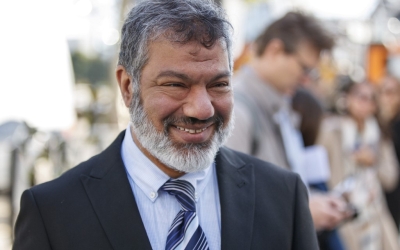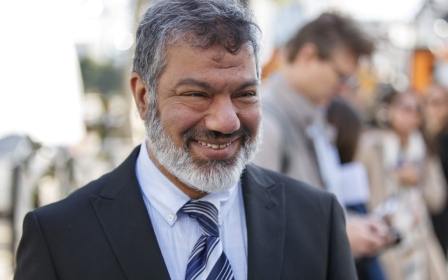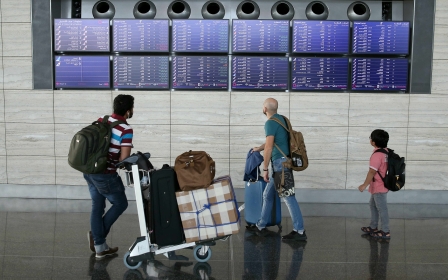Qatar accused of 'intimidating' claimants in Doha Bank case, UK court told

UK counterterrorism police have been asked to investigate claims that witnesses and claimants in a terrorism funding case were intimidated by Qatari state officials, the High Court in London was told.
The allegations of perverting the course of justice were made during a hearing on Wednesday, where eight Syrian refugees had submitted compensation claims against the Qatar-based Doha Bank.
The claimants fled from Syria to Holland, saying their homes and livelihoods were destroyed by the Nusra Front, an al-Qaeda offshoot now known as Hay'at Tahrir al-Sham. They are now demanding compensation from Doha Bank because the bank was allegedly used to funnel money for the militant group. Doha Bank denies the claims.
None of the eight claimants have been identified. Doha Bank has offices in London, which has enabled the case to be brought in the English courts. The claimants say they have been targeted by the Qatari state because of the action they are taking.
Ben Emmerson, a lawyer representing four Syrian refugees, told the High Court that witnesses in the case faced "harassment, intimidation, pressure, unlawful covert surveillance overseas, threatened visits by armed and masked men during the night, attempted bribery and criminal inducements".
New MEE newsletter: Jerusalem Dispatch
Sign up to get the latest insights and analysis on Israel-Palestine, alongside Turkey Unpacked and other MEE newsletters
Emmerson told the court that SO15, the London Metropolitan Police's counterterrorism command, was given details of the intimidation campaign in the UK and Netherlands.
The court heard that Qatar had ordered officials to bribe witnesses, surveil and harass them. It heard that claimants were paid nighttime visits by masked men.
Qatari officials had also allegedly requested the identity of the refugees despite anonymity orders issued to protect them, the court heard.
Four of the Syrian refugees had stepped away from the trial due to threats of physical harm, the court was told.
Sonia Tolaney, Doha Bank's legal representative, denied claims that a police investigation into state-backed harassment was taking place. Tolaney told the court that Doha Bank was not controlled by the emir of Qatar.
She added that a complaint was being considered and that allegations of intimidation had been known for many months, but that no action was taken until very recently.
Tolaney also said that she was concerned that the allegations were "politically motivated" and noted: "Despite the claimants seeking anonymity, they have sought publicity [for this hearing]."
A Met police spokesperson said: “We can confirm that on 9 November we received allegations relating to terrorism funding, perverting the course of justice and witness intimidation.
“These allegations are currently being scoped by officers from the Met’s counter-terrorism command with a view to determining whether there are grounds for a UK-based police investigation into these matters.”
The Qatari government had not responded to Middle East Eye's requests for comment at the time of publication.
Middle East Eye delivers independent and unrivalled coverage and analysis of the Middle East, North Africa and beyond. To learn more about republishing this content and the associated fees, please fill out this form. More about MEE can be found here.





